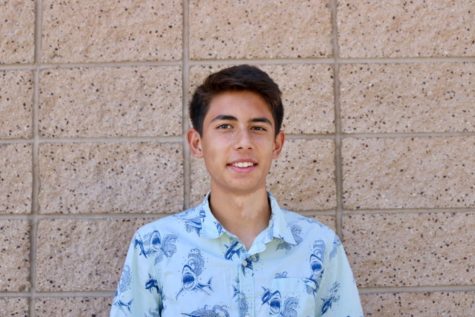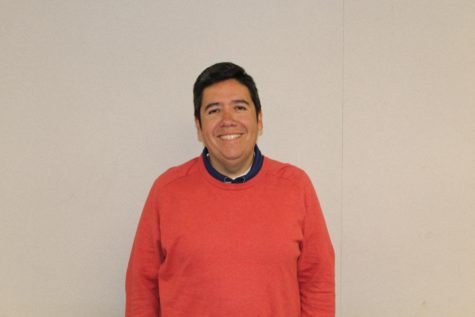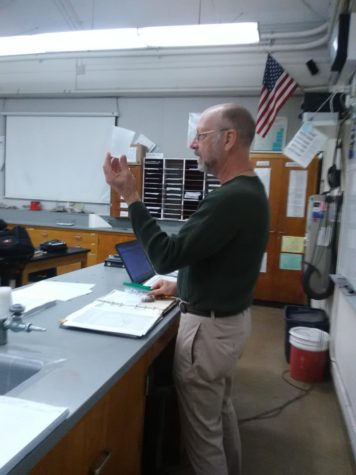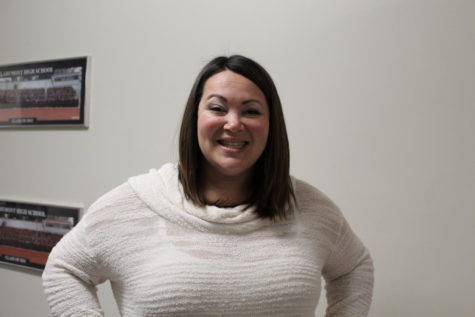Stop Early Decision
According to The Washington Post, more than 40% of students attending college are admitted through the Early Decision (ED) process. Effectively, ED is a mechanism for early applications to college, usually meaning applying in November and receiving notification of acceptance in December. Additionally, ED is a binding agreement, meaning that if a student is accepted via ED, they must attend that school. At first glance, ED is an excellent method for both the colleges, who get committed and reliable students who cannot opt out, and the students, who get their application out of the way, may not have to submit as many applications, and could possibly have a higher chance of getting accepted. However, the ED process is not as great as it may seem, primarily due to the fact that it is a binding agreement.
Foremost, ED is a huge detriment to less advantaged students. Certain students cannot commit to a college in a binding agreement because they will not know if they could receive financial aid. If a student is accepted, but without aid, they have no choice but to attend and pay a potentially tremendous cost that they cannot afford. Also, these students would theoretically have more trouble just getting their application in on time. Students with less support from others have a much more difficult time both knowing how to complete the application process and if a college is the right fit. With little financial resources, students would have a difficult time going to a college to take a tour or to learn about it in person enough to determine if it is a right for them. While it is true that students can back out of ED for financial reasons, a student cannot apply for other universities after being accepted without going back on the decision. That means that they are unable to compare financial aid options from different schools because the ED notification of acceptance is so far in advance.
One might wonder why students cannot just apply regular decision. They get more time to work on the application and to take a college visit. At first glance, that appears a viable option, but fails to regard all other considerations. By being relegated to regular decision, less fortunate students face less application spots and a tougher time in getting into their desired college. By applying ED, students can more easily show colleges interest in their program, which increases chances of acceptance. The benefits of an ED application are reflected in statistics as well. According to The Washington Post, chances of admission through ED can double relative to regular admission, and that number can increase at some colleges, including those whose acceptance can be highly sought after like Columbia or Dartmouth. This creates unfair disparity and cannot be ignored, especially for students who do not have feasible access to it. Without a doubt, ED poses a tremendous advantage to those who are able to put it to use.
As the negative effects of ED are analyzed, many colleges like Harvard, Princeton, and Yale have begun to eradicate the ED process. However, that comes at a cost. By giving up ED, colleges lose a recruiting edge, and risk missing out on students applying ED elsewhere. Fortunately, colleges have also begun a process called Early Action (EA), which allows an early application, but with a non-binding agreement, helping out students in need of financial aid. With a new wave in favor of EA, and the difficulty of getting rid of ED, many colleges are put in a tough position—take the ED advantage, or help lay the groundwork for a much more diverse future.
Fortunately, some of the most influential colleges have already removed ED. As arguably some of the most prestigious institutions in the world, Harvard, Yale, Princeton, and more have transitioned away from ED and hope others will as well. While these colleges are not fighting for applicants, they can still lead as an example. With all of the negatives of ED and the advent of EA, there is no more viable choice now than to abolish ED.
Hello there! Our goal is to provide relavent, engaging journalism for readers of all ages. Your donation will support the student journalists of the Wolfpacket at Claremont High School, and will allow us to purchase equipment, print our monthly issues, and enter in journalism competitions. We appreciate your consideration!

Jaden Clark is a senior attending Claremont High School. It is his third year on the Wolfpacket, and he is currently an Assistant Editor-in-Chief. Clark...








